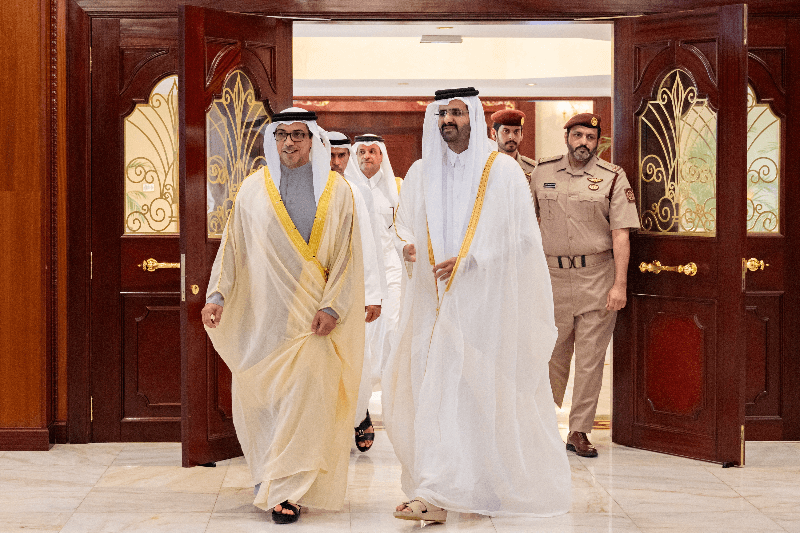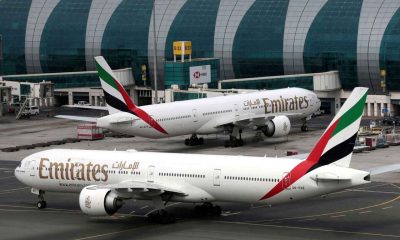Gulf Arab States took steps to assure Iran of their neutral position in the ongoing conflict with Israel. In meetings held in Doha, Qatar, leaders from both sides came together to talk about ways to ease the situation. There’s a growing concern in Gulf nations about the potential for increased violence, which could put their vital oil facilities at risk.
According to sources cited by Reuters, Gulf Arab states aimed to reassure Iran of their neutrality in the ongoing conflict between Tehran and Israel
Iran recently launched its largest attack on Israel, citing retaliation for the assassination of senior Hamas and Hezbollah leaders and Israel’s actions in Gaza and Lebanon. Iran has since declared its assault over unless further provoked, but Israel has promised to respond with force.
According to US news outlet Axios Israeli officials suggested that Israel could target oil production facilities in Iran in retaliation for the attacks. De-escalation was a priority in the meetings, sources said.
Though no official comments or responses are out by the side of Gulf states, including Qatar, the UAE, Saudi Arabia, and Kuwait. While Iran hasn’t directly threatened Gulf oil facilities, it has warned that any direct intervention by “Israel’s supporters” could lead to their interests being targeted. So, it’s a threat!
Ali Shihabi who is a Saudi commentator close to the Royal Court noted that while Gulf States don’t expect Iran to strike their oil facilities the possibility has been hinted at through unofficial channels.
Saudi Arabia is the top oil exporter in the world. This nation has also worked to improve relations with Tehran in recent years but there was no impact on the relations. Especially after a 2019 attack on Saudi oil facilities which briefly halted 5% of global oil production. Iran denied involvement in that incident.
According to Saudi commentator Ali Shihabi, The Gulf Cooperation Council which includes the UAE, Saudi Arabia, Qatar, and others, sent a clear message to Iran: “Please de-escalate.”
At the event in Doha, Iranian President Masoud Pezeshkian warned that Iran would respond if necessary He said, “Any attack or crossing of our red lines will be met with a decisive response.”






















